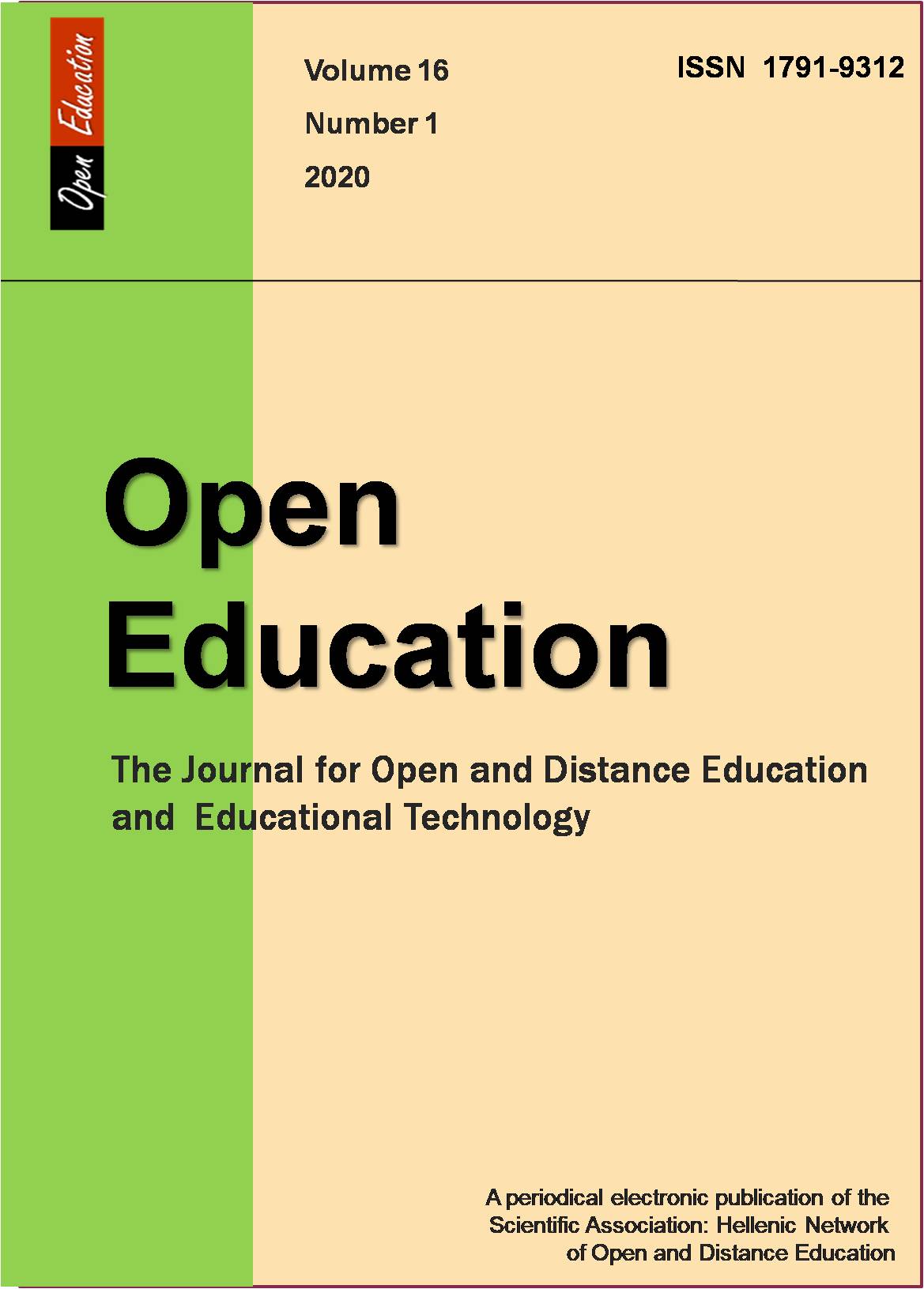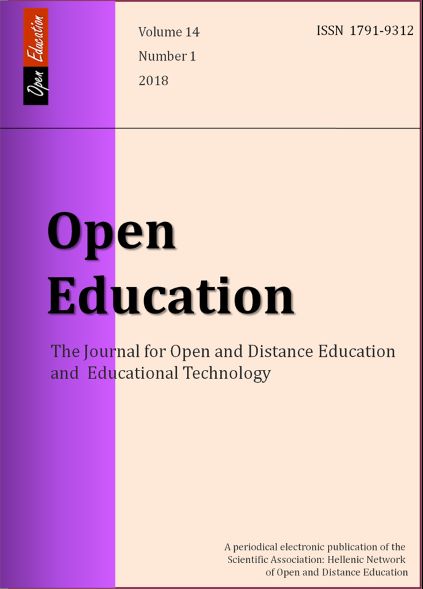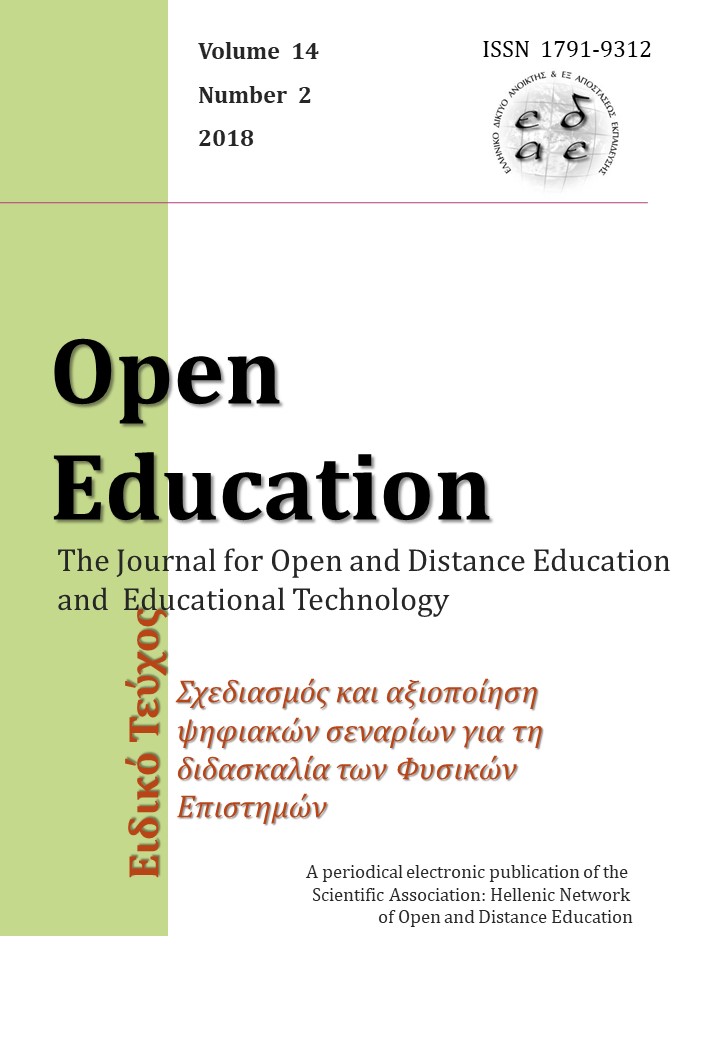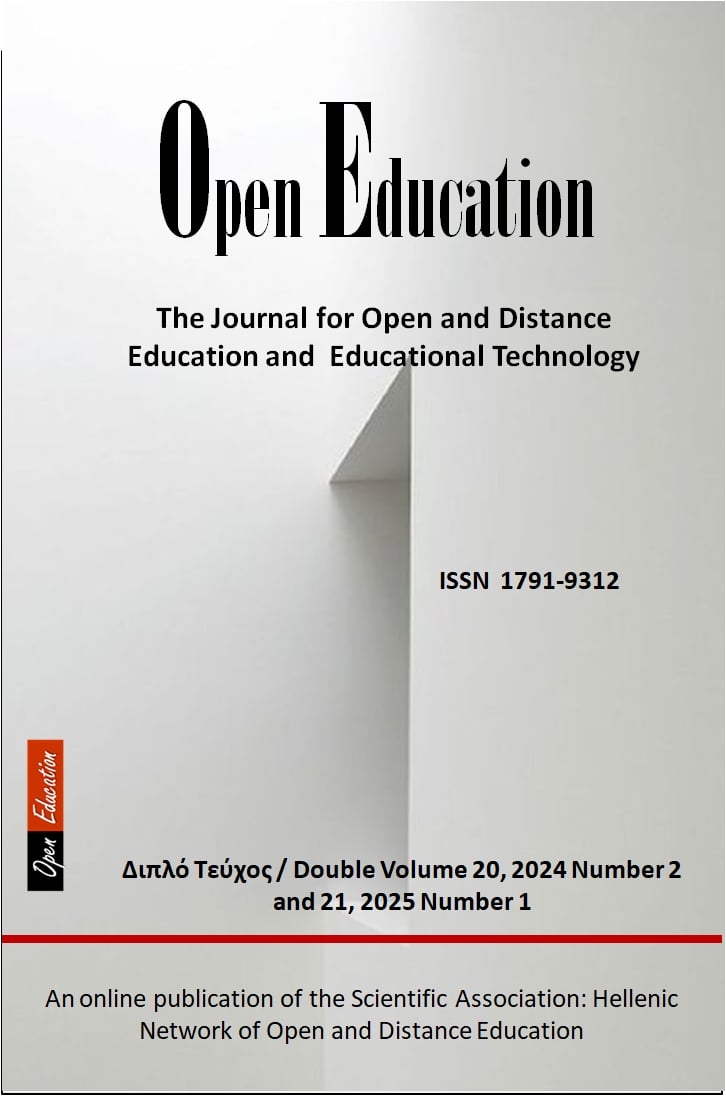Διερεύνηση των αντιλήψεων των μελλοντικών εκπαιδευτικών προσχολικής εκπαίδευσης σχετικά με τη χρήση της παιχνιδοποίησης στη διδασκαλία των Φυσικών Επιστημών
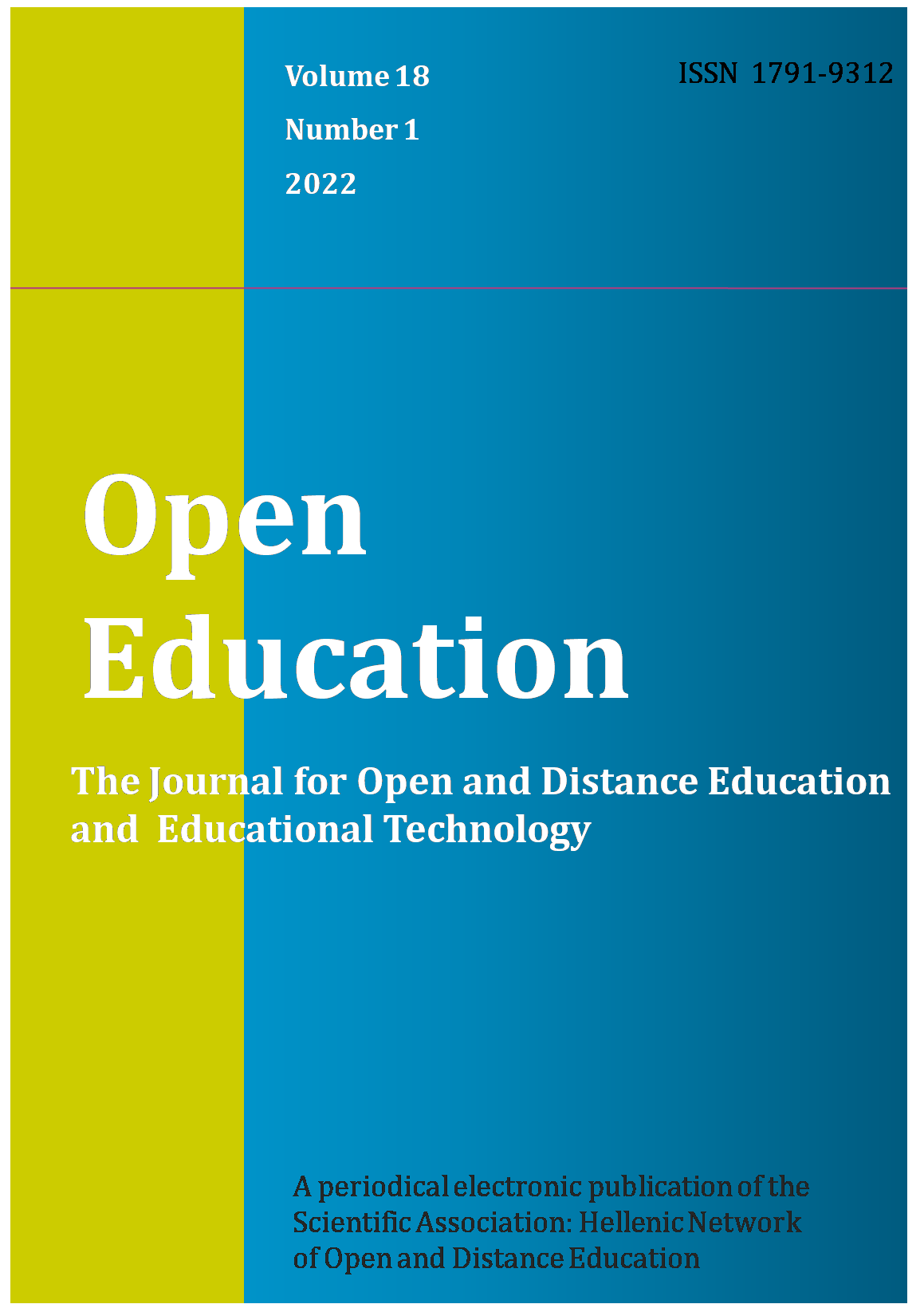
Περίληψη
Η διδασκαλία των Φυσικών Επιστημών (Φ.Ε) θεωρείται ένα από τα πιο ουσιώδη κομμάτια της σύγχρονης εκπαίδευσης, έχοντας ως κεντρικό στόχο να προάγει ένα ενεργό και επιστημονικό τρόπο σκέψης Μπορεί η εφαρμογή της παιχνιδοποίησης στην εκπαίδευση να είναι αρκετά πρόσφατη, όμως η χρήση παιχνιδιών προς όφελος της εκπαίδευσης δεν είναι κάτι καινούργιο. Η χρήση της παιχνιδοποίησης στη διδασκαλία των Φ.Ε έχει αρχίσει να υιοθετείται όλο και περισσότερο στην εκπαίδευση καθώς φαίνεται να ενισχύει τα μαθησιακά αποτελέσματα. Όμως, το μεγαλύτερο μέρος της έρευνας σχετικά με την παιχνιδοποίηση δεν φαίνεται να λαμβάνει υπόψη ένα πολύ σημαντικό παράγοντα της μαθησιακής διδασκαλίας: τον ίδιο τον/την εκπαιδευτικό. Η παρούσα έρευνα διερευνά αντιλήψεις των μελλοντικών εκπαιδευτικών προσχολικής εκπαίδευσης στη χρήση εφαρμογών παιχνιδοποίησης στις Φ.Ε. Σύμφωνα με τα αποτελέσματα της έρευνας οι μελλοντικοί εκπαιδευτικοί έχουν θετική άποψη σχετικά με τη χρήση της εφαρμογών παιχνιδοποίησης στις Φ.Ε. αναγνωρίζοντας την δυνατότητα που προσφέρουν να δημιουργούν διασκεδαστικά και δημιουργικά μαθησιακά περιβάλλοντα που βοηθούν στην κατανόηση επιστημονικών διαδικασιών, εννοιών και στην ανάπτυξη σχετιζόμενων δεξιοτήτων. Παρόλα αυτά, οι εκπαιδευτικοί ανέφεραν και ορισμένους προβληματισμούς σχετικά με τις κοινωνικές επαφές, τη δυνατότητα έκφρασης και ανάπτυξης ικανοτήτων ομιλίας των παιδιών.
Λεπτομέρειες άρθρου
- Πώς να δημιουργήσετε Αναφορές
-
- Ενότητα
- Μέρος πρώτο / Section 1



